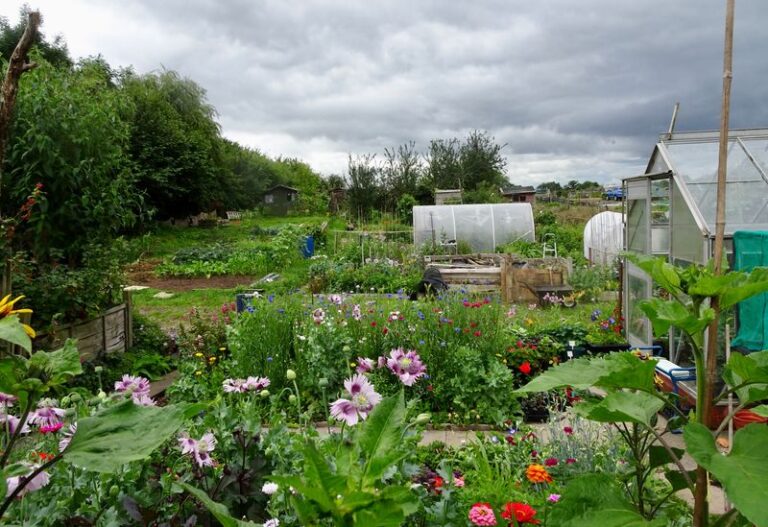Impact of Heritage Emergency Fund evaluated in new report

A new report, commissioned by the National Lottery Heritage Fund, evaluates how heritage organisations across the UK used the emergency funding the Fund provided last year to help them respond to the impact of the Covid-19 crisis.
The Heritage Emergency Fund was set up within weeks of the start of the crisis and saw £49,829,600 awarded to 961 organisations across the UK to keep them afloat and help with reopening.
98% of heritage organisations were impacted within the first three weeks of Covid-19. Key findings in the report show that the biggest impact was economic with most using at least some of their emergency funding for staff costs and overheads such as building maintenance and utility bills.
Advertisement
Many landscape and nature sites experienced high visitor numbers and needed more staff to maintain them. Mourne Heritage Trust in County Down for example was struggling when visitor numbers rocketed, leading to problems such as littering, wildfires and footpath damage. The Trust used its funding to cover staff costs and purchase materials, tools and equipment to help it safely bring back volunteers.
With the activity of many community charities threatened by the pandemic, several actively used their funding to continue to support communities, with Community Interest Luton for example supporting an employment scheme during the first lockdown which led to 13 clients gaining employment.
Over two-thirds of respondents spent at least some of their grant on social distancing measures, which helped many heritage organisations reopen when they were able, as well as enabling many volunteers to return to their roles safely.
The report also reveals that as the year progressed and successive lockdowns introduced, more organisations used their grant to innovate their business model, primarily by increasing their digital capability. Boundary Way, an allotment organisation in Wolverhampton (main image), created online workshops and videos that saw its project reach audiences far beyond the local community. St-Martins-in-the-Fields in Trafalgar Square used its grant to deliver concerts online, keeping its singers employed and improving the organisation’s digital capacity. This helped former attendees who were shielding and saw the organisation grow its audience, as people tuned in to concerts from around the world.
Ros Kerslake, Chief Executive, The National Lottery Heritage Fund, said:
“In March 2020, the UK’s heritage faced its gravest threat since the Second World War. I am proud of how quickly our staff galvanised to get money out of the door quickly, and I am confident that our quick action not only helped heritage survive the year but has also helped to make organisations more resilient for the future. This report provides key insight into how heritage was affected as well as how we as a funding body can continue to help them innovate and adapt going forward.”
There was also feedback showing that funding provided stress relief to staff from some of the financial burden they faced as well as allowing staff and volunteers to safely return and enabling them to continue with activities that promoted wellbeing.
The report reveals that as of January 2021 organisations still faced challenges, but it also identifies opportunities for organisations to build back better. This includes considering how they can become more inclusive and keep pace with wider societal changes, such as digital opportunities and the recognition of the importance of green spaces to health and wellbeing.
After providing this emergency funding, The National Lottery Heritage Fund then moved to distribute heritage funding on behalf of government, through the Culture Recovery Fund and Green Recovery Challenge Fund. The Fund’s own project funding programme has also now reopened, with a focus on resilience and recovery.
During the summer months there will be celebrations to mark the completion and opening of several flagship heritage projects funded by The National Lottery. They include the Museum of Making, the site of one of the world’s earliest factories and Dorset County Museum, which has four new permanent galleries.
Ros Kerslake added:
“As we emerge from a year of restrictions across the UK, it is exciting to see so many National Lottery-funded projects open, many for the first time after major transformations. Heritage is playing a key part in the country’s recovery, not only in kick-starting the economy, but in helping to improve wellbeing, bringing back that sense of optimism and excitement that has been so missing from our lives recently.”




